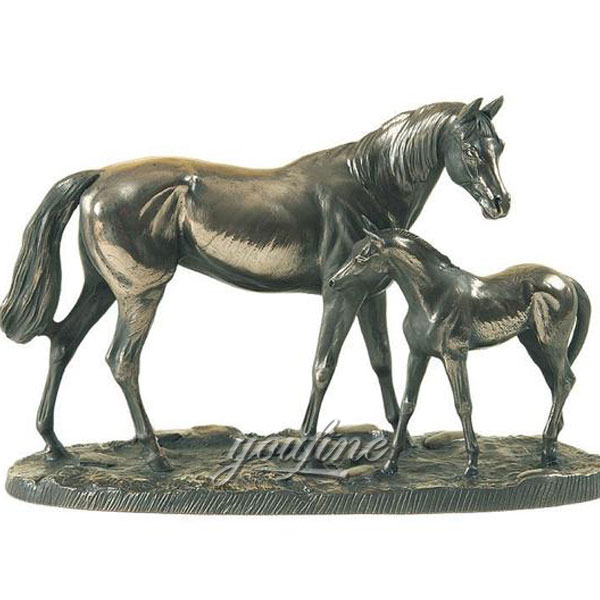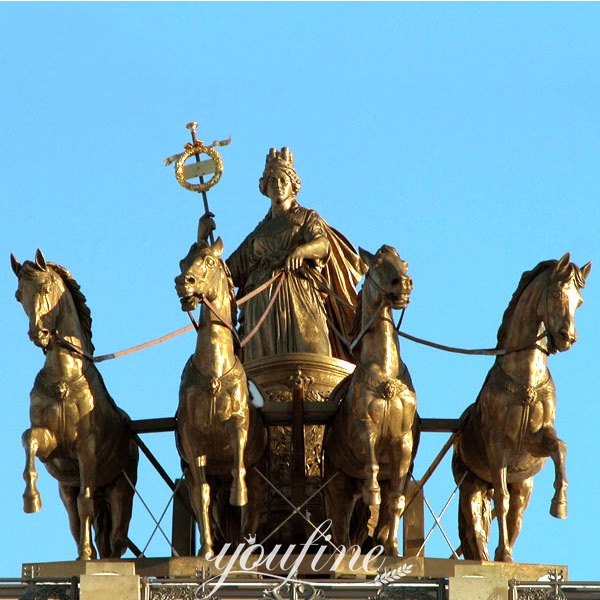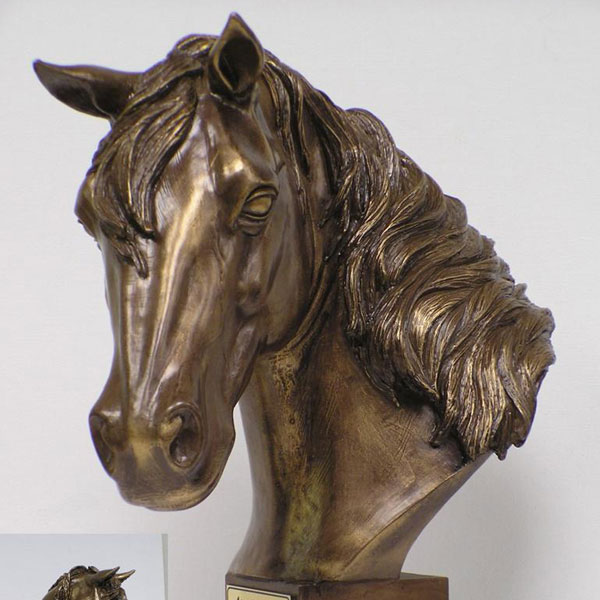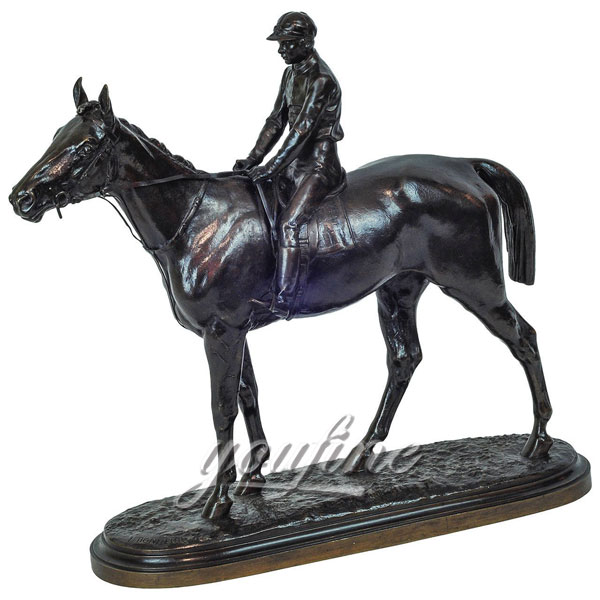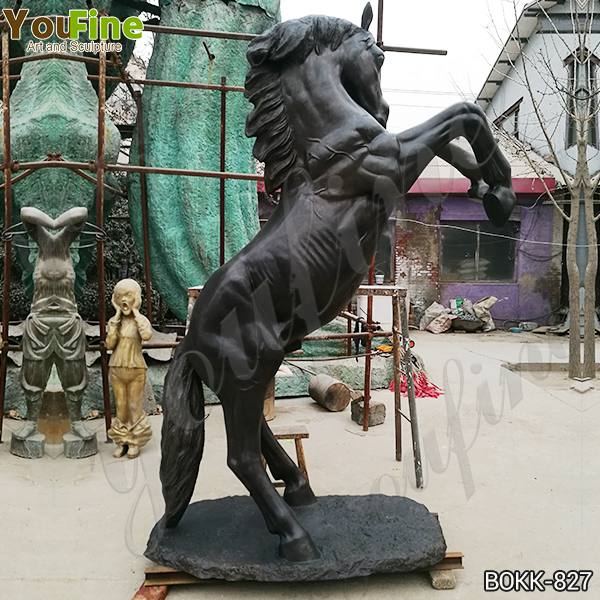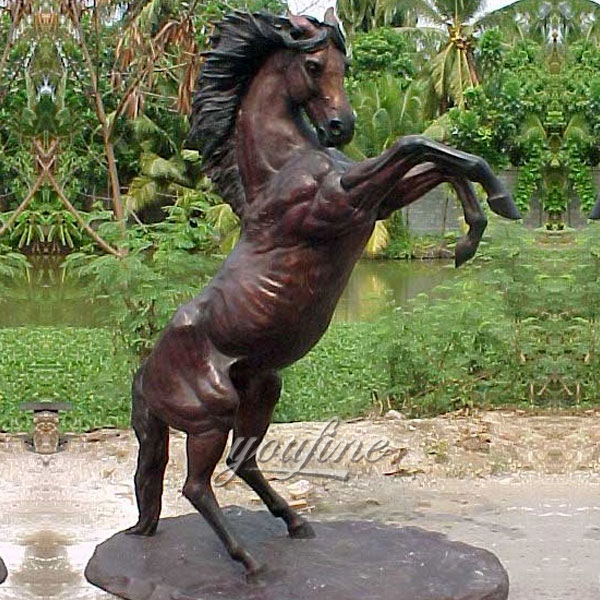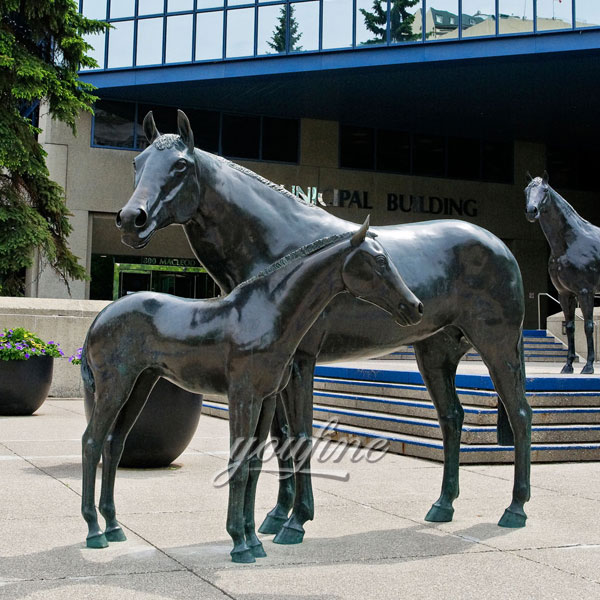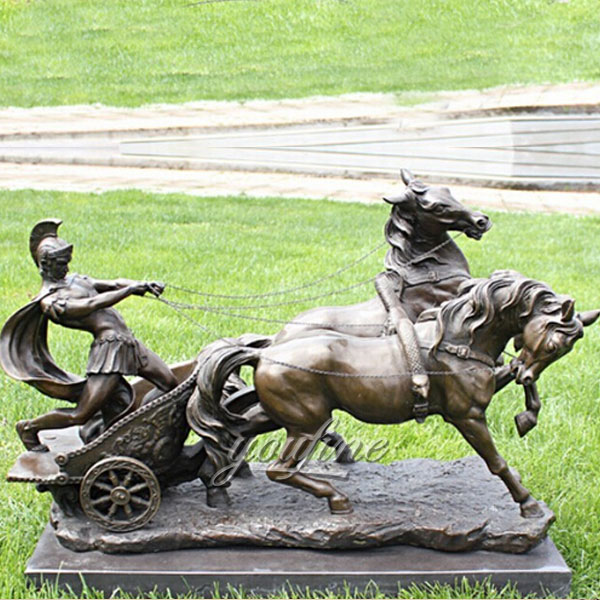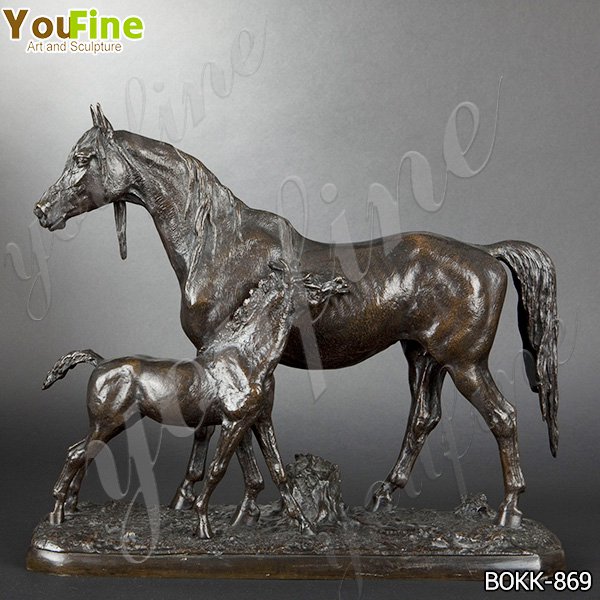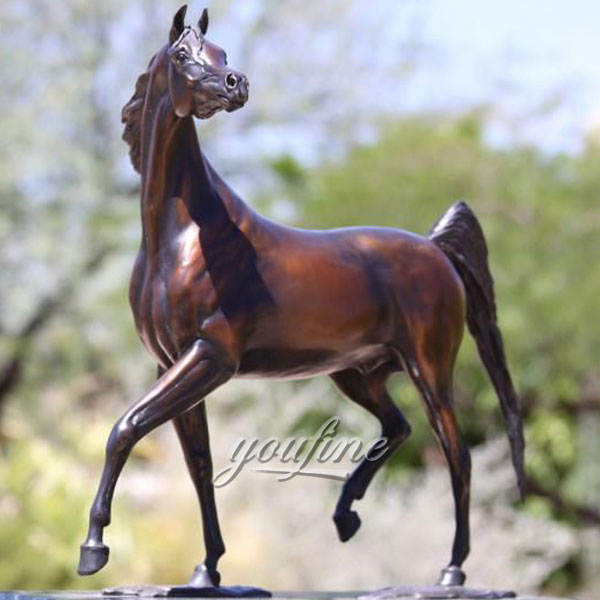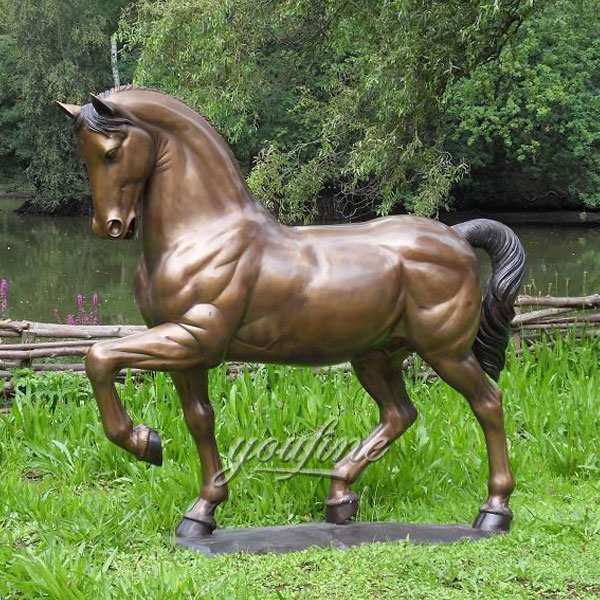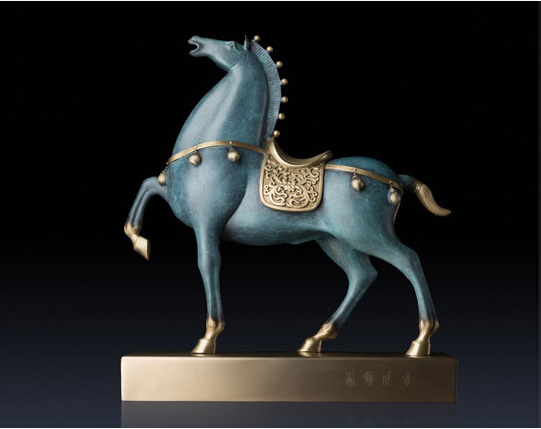bespoke bronze horses roman equestrian statue
Equestrian statue – Wikipedia
An equestrian statue is a statue of a rider mounted on a horse, from the Latin "eques", meaning "knight", deriving from "equus", meaning "horse". A statue of a riderless horse is strictly an "equine statue". A full-sized equestrian statue is a difficult and expensive object for any culture to produce, and figures have typically been portraits of rulers or, more recently, military commanders.
Equestrian Sculpture of Marcus Aurelius (article) | Khan Academy
Equestrian Statue of Marcus Aurelius, gilded bronze, c. 173-76 C.E. (Capitoline Museums, Rome). The original location of the sculpture is unknown.
Equestrian Statue of Marcus Aurelius – Wikipedia
The Equestrian Statue of Marcus Aurelius is an ancient Roman statue in the Capitoline Hill, Rome, Italy. It is made of bronze and stands 4.24 m (13.9 ft) tall. Although the emperor is mounted, it exhibits many similarities to standing statues of Augustus.
bespoke bronze rearing horses australia-life size horse …
Horse Statues . About YouFine Art . Standing Horse . Walking Horse . Rearing Horse … bespoke bronze rearing horses australia.
Equestrian Statue: Characteristics, History of Equine Sculptures
Equestrian Statues (550 BCE – 1960): Horse-and-Rider … included a large number of equestrian statues of Roman … there is the bronze Equestrian Statue of …
Module 9 – The Art of Ancient Rome Part II Flashcards | Quizlet
Ancient Greece[edit] Equestrian statuary in the West goes back at least as far as Archaic Greece. Found on the Athenian acropolis, the sixth century BC statue known as the Rampin Rider depicts a kouros mounted on horseback.
- antique bronze racing jockey horse statue designs for school
- life size racing jockey horse statue for home Australia
- large racehorse statues foundry China
- large horse racing statue price Australia
- life size horse racing statue school mascots China
- yard art horse racing statues foundry America
- yard art horse racing statues art deco Amazon
- antique bronze horse racing statues cost for garden
- buy horse racing statue sculpture with jockey cost India
- famous racehorse statues for sale America
- yard art racehorse statues yard decoration China
- antique bronze horse racing statue cost for school
